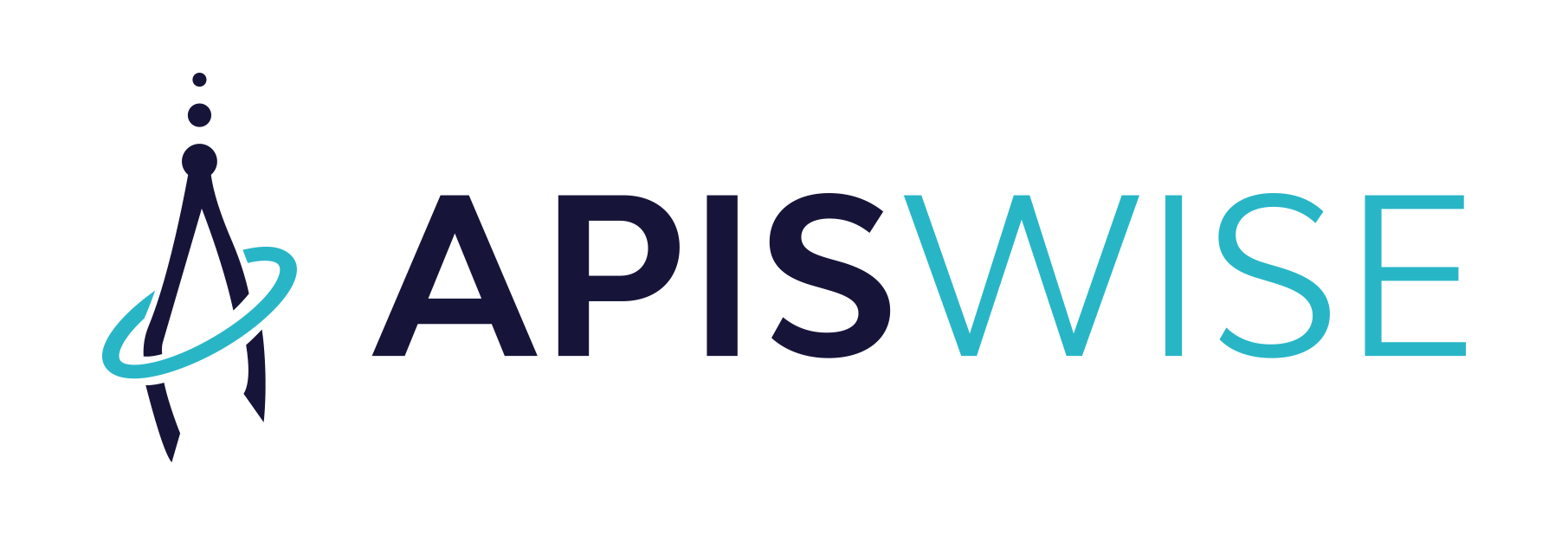Proper pallet labeling is necessary for food manufacturers to ensure product traceability, regulatory compliance, and efficient inventory management. As food products make their way through the supply chain, clear and accurate pallet labels provide vital information to handlers, distributors, and retailers. Here are some key considerations for effective pallet labeling of food products:
Regulatory Requirements
Food labeling is heavily regulated with strict guidelines from agencies like the FDA and USDA. Pallet labels must include all mandatory information such as product name, ingredients, allergen statements, nutrition facts, and lot/batch codes. Compliance issues may result in costly recalls and penalties.
Traceability
In the event of a food safety issue or recall, traceability is crucial. Pallet labels should feature GS1-compliant barcodes, lot numbers, and production dates to enable tracking of products through the supply chain. This data allows for rapid identification and isolation of affected products.
Legibility
Pallet labels need to be clearly legible to workers handling the products at every stage. Using high-quality materials resistant to tearing, smearing, and environmental factors like moisture and temperature extremes is important. Text should be printed in a large, easy-to-read font.
Product Identification
Beyond regulatory data, pallet labels should prominently display product descriptions, SKU numbers, and quantities to assist in inventory management and order fulfillment processes. Using separate labels for human-readable text and barcodes can improve scanning accuracy.
Handling Instructions
For perishable or fragile food items, include any necessary handling instructions on pallet labels. This may include temperature requirements, stack height limits, “This Side Up” arrows, or icons indicating if items are frozen or require refrigeration.
Branding
While not a regulatory necessity, many food brands incorporate logos, slogans, and branded colors into their pallet labels. This supports brand recognition and consistency throughout the distribution chain.
Sustainability
With growing environmental concerns, using eco-friendly label materials derived from recycled or plant-based sources is increasingly important for food manufacturers’ sustainability initiatives.
Effective pallet labeling requires careful consideration of regulatory standards, product traceability needs, and supply chain efficiencies. Well-designed labels ensure food products remain identifiable, secure, and compliant every step of the way to the consumer.


